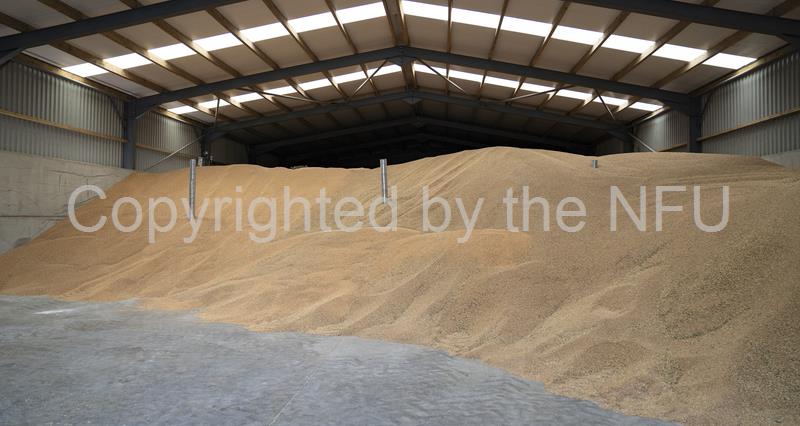The EU RED was first introduced in 2009 as part of the EU’s efforts to promote renewable energy and reduce greenhouse gas emissions. It allows domestically grown crops to be used in domestic biofuels exported as a raw commodity or as a finished biofuel with full traceability and audit requirements.
The additional market access increases demand, which in turn places positive upward pressure on market prices.
Data not cleared in time for last year’s harvest
Updated NUTS2 values, now known as ITL2 values, would incorporate the latest data and agricultural practices across all UK regions. As the NFU feared, the UK’s updated NUTS2 values were not approved in time for harvest 2024, and UK grain could not be used by bioethanol plants intending their product to be marketed in the EU throughout the whole marketing season.
This will have had a detrimental impact upon the profitability of arable farms in the UK, particularly in the North East.
The NFU raised these concerns at private meetings with both Defra and the Department for Transport, who were supportive, but only able to pressure the European Commission to approve the data sooner, and at each Copa Cogeca meeting where our frustrations were shared by other member states.
Welcome news for crops growers
The NFU is pleased that the technical clearance of the UK’s NUTS2 values now enables UK grain to be used in bioethanol production destined for a European market, which creates both domestic and export opportunities.
NFU Combinable Crops Board Chair Jamie Burrows said: “The NFU has long been lobbying for the approval of the UK’s NUTS2 values. This is welcome news for combinable crop growers who do not need any more barriers to accessing markets to sell their grain into.”
